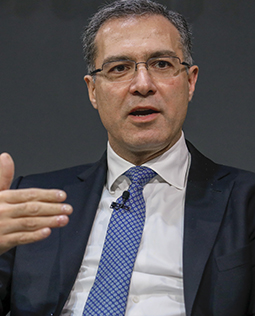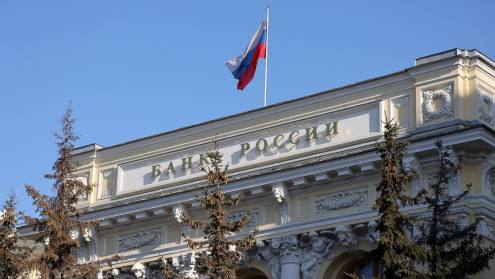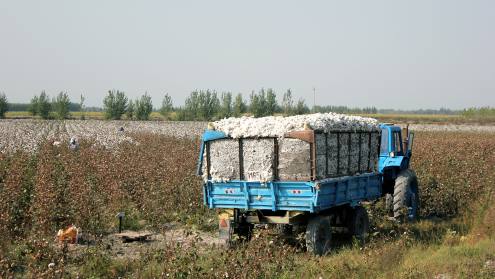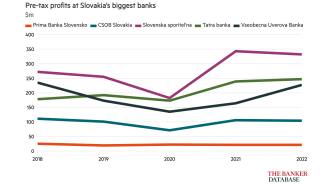The State Oil Fund of Azerbaijan (Sofaz) inspires both national pride and foreign admiration. Its well-managed hoard of foreign assets grew 11.6% in the year to June 30 2019, to reach $42.46bn – equivalent to three-quarters of Azerbaijan’s gross domestic product. In two decades of operation, assets under management have increased 157-fold, making Sofaz the 28th largest sovereign wealth fund.
Sofaz assets underpin Azerbaijan’s strong fiscal balance sheet, the main support for Azerbaijan’s sovereign ratings. Its main expenditure is annual transfers to the state budget, totalling $95.6bn. Sofaz also finances strategic infrastructure, such as oil, gas and water pipelines, and the Baku-Tbilisi-Kars railway.
Over the past seven years, Sofaz has diversified beyond bonds by adding equities, gold and property in its portfolio, and it now employs seven foreign managers: World Bank Treasury, DWS, UBS, State Street, BlackRock, Mellon Capital and Sumitomo Mitsui Trust.
In the first quarter of 2019, equity investments generated significantly higher returns for Sofaz than other asset classes, but it recently doubled the share of gold in its portfolio to 10.3%. At the end of June, it held 95.47 tonnes.
IBA issues
The fund has not been immune from controversy surrounding the 2015 to 2017 financial crisis, however, particularly over assistance for stricken International Bank of Azerbaijan (IBA). Shahmar Movsumov, Sofaz chief executive and chairman of the IBA supervisory board, defends the actions of both Sofaz and the government.
“The Azerbaijan government managed to overcome the consequences of the financial crisis without acquiring much debt or massively depleting the financial reserves of the country,” he says. The only Sofaz budget item “directly aimed at preserving macroeconomic stability against the backdrop of falling public revenues and financial sector problem” was a transfer to the central bank of 4bn manat ($2.26bn). In addition, Sofaz placed two deposits of $500m each in IBA in 2016. These deposits were “not treated any differently from the other creditor assets” and after being converted into an IBA bond and a sovereign bond, Sofaz suffered a notional haircut of about $11m, adds Mr Movsumov.
He rejects criticism of the bailout and restructuring. “Foreign lenders of the bank were aware of the fact that IBA, although majority government owned, was involved in commercial activities and, as such, the related investments carried their own credit risks. Furthermore, state laws and loan/deposit terms explicitly stated that the government didn’t bear any responsibility or provide explicit sovereign guarantee for the liabilities of the bank,” says Mr Movsumov.
He stresses that the “Azeri government always respected its financial obligations against foreign lenders and never defaulted on any payments”, adding: “We are not of the opinion that the IBA’s restructuring has adversely affected the creditworthiness and reputation of Azerbaijan. This view is also supported by the market value of the sovereign bonds. Moreover, several credits from supranational agencies has been tapped by the Azeri government after the restructuring.”












